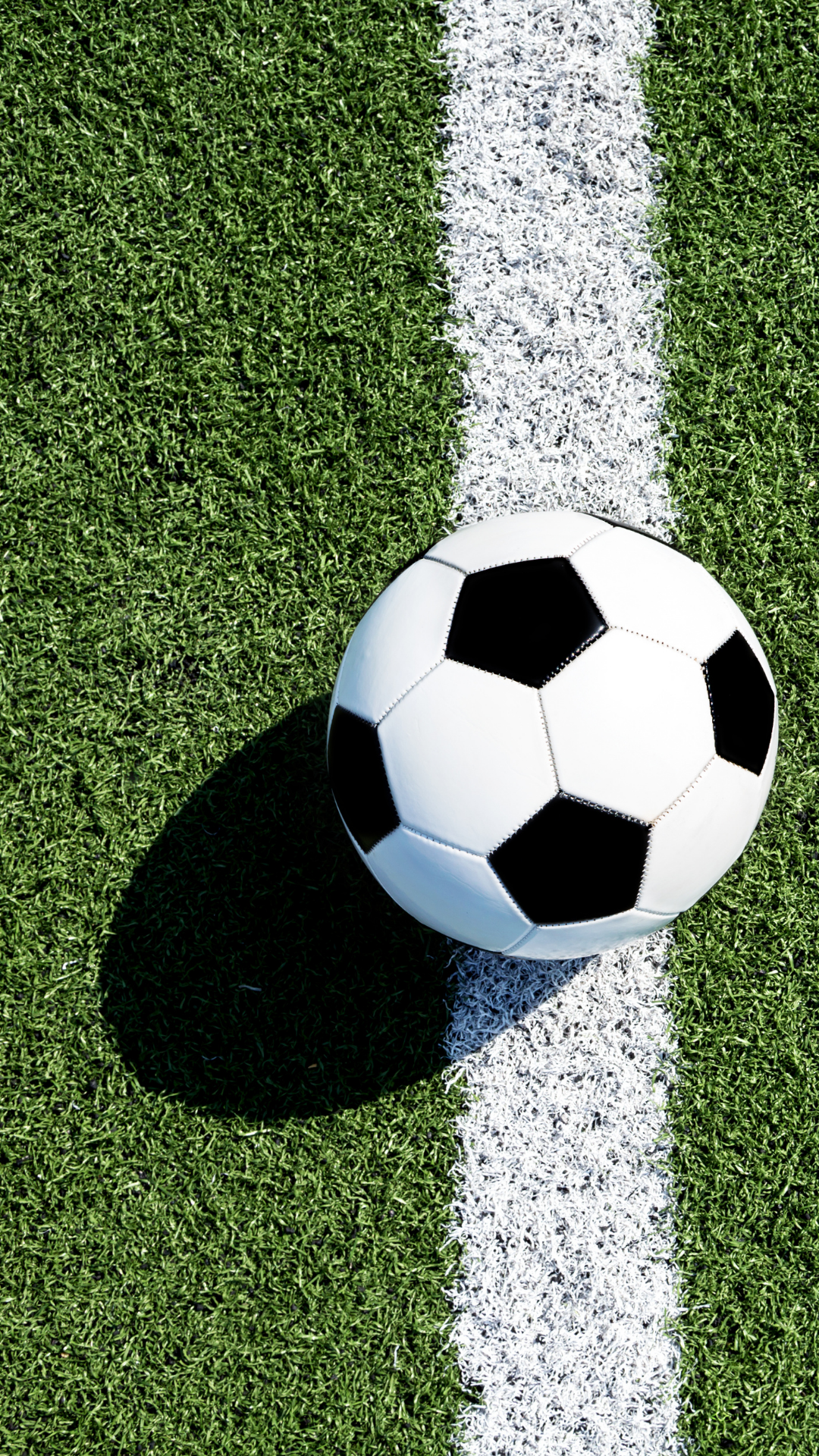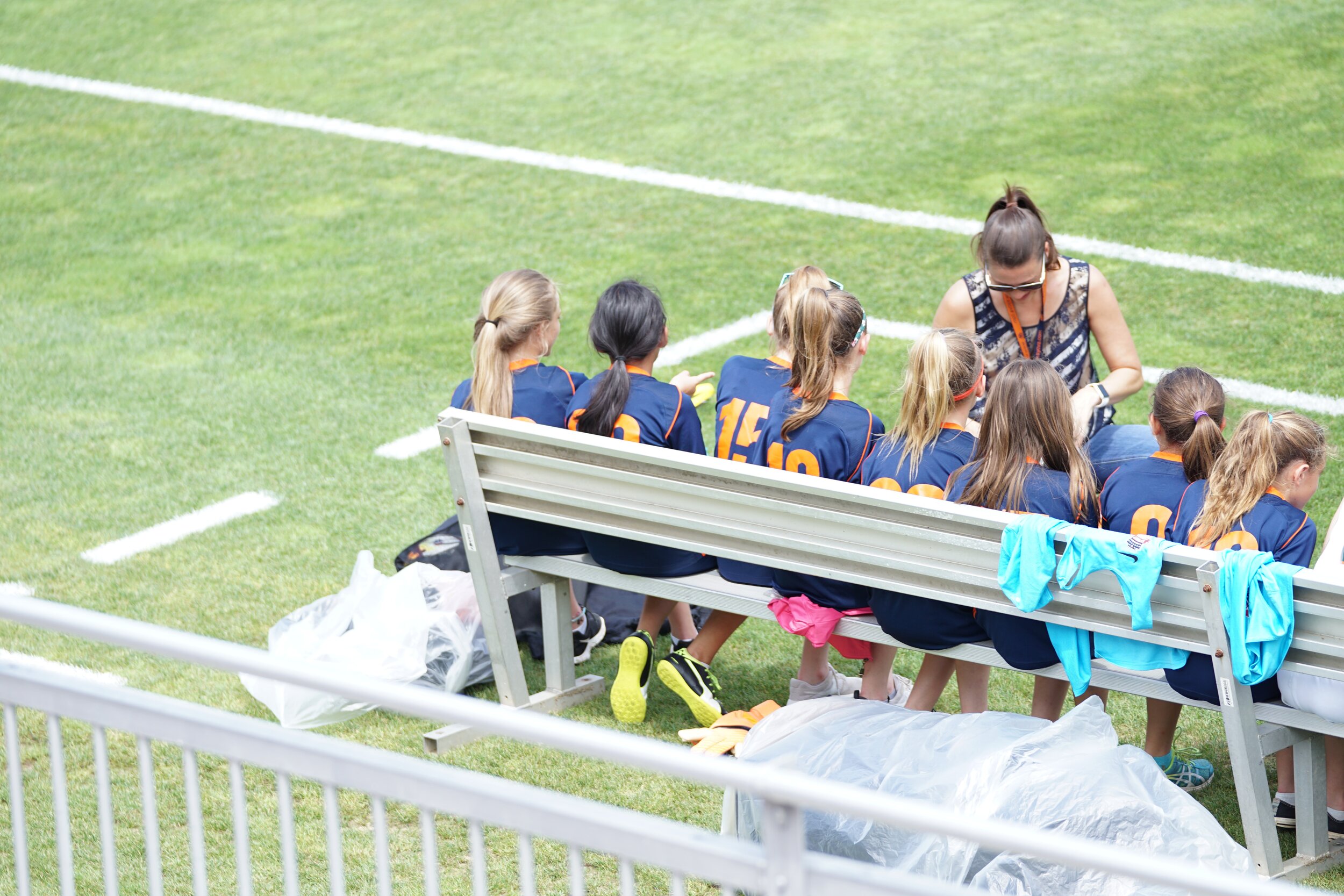TAOS Expresses Support and Concern for Olympian Peng Shuai
The Army of Survivors would like to extend support to Chinese tennis Olympian Peng Shuai, who recently went missing after publicly stating she was sexually assaulted by former Vice Premier…
Please join us in creating a brighter, safer future for athletes everywhere. Donate Now
The Army of Survivors would like to extend support to Chinese tennis Olympian Peng Shuai, who recently went missing after publicly stating she was sexually assaulted by former Vice Premier…
Washington, D.C. – Keep Kids Safe, a movement of survivors and allies, will launch the National Blueprint to End Sexual Violence Against Children and Adolescents on November 18, 2021. The …
The Army of Survivors would like to extend support to soccer players Sinead Farrelly and Mana Shim, and commend them for their bravery in speaking out against the abuse they…
(Nyon, Switzerland, 27 September, 2021) —The International Basketball Federation’s (FIBA) report on systemic sexual harassment and abuse within the Mali Basketball Federation (FMBB) vindicates the victims of abuse, survivors, whistleblowers,…
Dear Chairman Durbin and Ranking Member Grassley, We, The Army of Survivors, are writing in reference to the Senate Judiciary Committee’s hearing entitled “Dereliction of Duty: Examining the Inspector General’s…
On Thursday, June 24 at 4 p.m. ET, the Army of Survivors is partnering with 1Life Fully Lived for the 1Life ROADMAP Experience. This two-hour event will be an opportunity…
The Army of Survivors is proud to partner with the Sport and Rights Alliance (SRA), a coalition of leading global non-governmental organizations whose goal is to promote the rights of…
Julie Ann Rivers-Cochran, MSW, a national leader in the field of the prevention and intervention of gender-based violence, has joined the Army of Survivors as Executive Director. Rivers-Cochran brings with…
Our organization is excited to have Julie Ann Rivers-Cochran, MSW, as our new Executive Director. We caught up with Julie Ann in her first few weeks to learn more about…
KATHERINE GORDON | TAOS CONTENT CREATOR AND EDITOR Injury prevention goes hand in hand with confidence and autonomy. Often young athletes are taught the basics of their sports, without fully…
Gaining trust is often achieved by “unburdening” or doing “favors” for the parents/ guardians such as providing transportation to a family that is struggling with scheduling or providing equipment to a child whose family cannot afford it. While providing support to a family is not a direct indicator of malice, when partnered with expected compliance or used to make the athlete feel as though they are indebted to a coach, this could be a method of gaining power and control.
Heteronormativity occurs in the assumption that perpetration does not happen outside of a cisgender male perpetrator and a cisgender female survivor. Heteronormativity, homophobia, sexism, and cissexism reinforce gender myths further silencing survivors that experience trauma outside of cisgender male perpetrator and cisgender female survivor. In addition, sexism and patriarchal myths are utilized to weaponize male and masculine privilege over feminine and female-identified athletes and reinforces a power dynamic and toxic gender roles.
Gaining trust is often achieved by “unburdening” or doing “favors” for the parents/ guardians such as providing transportation to a family that is struggling with scheduling or providing equipment to a child whose family cannot afford it. While providing support to a family is not a direct indicator of malice, when partnered with expected compliance or used to make the athlete feel as though they are indebted to a coach, this could be a method of gaining power and control.
Gaining trust is often achieved by “unburdening” or doing “favors” for the parents/ guardians such as providing transportation to a family that is struggling with scheduling or providing equipment to a child whose family cannot afford it. While providing support to a family is not a direct indicator of malice, when partnered with expected compliance or used to make the athlete feel as though they are indebted to a coach, this could be a method of gaining power and control.
Gaining trust is often achieved by “unburdening” or doing “favors” for the parents/ guardians such as providing transportation to a family that is struggling with scheduling or providing equipment to a child whose family cannot afford it. While providing support to a family is not a direct indicator of malice, when partnered with expected compliance or used to make the athlete feel as though they are indebted to a coach, this could be a method of gaining power and control.
Heteronormativity occurs in the assumption that perpetration does not happen outside of a cisgender male perpetrator and a cisgender female survivor. Heteronormativity, homophobia, sexism, and cissexism reinforce gender myths further silencing survivors that experience trauma outside of cisgender male perpetrator and cisgender female survivor. In addition, sexism and patriarchal myths are utilized to weaponize male and masculine privilege over feminine and female-identified athletes and reinforces a power dynamic and toxic gender roles.
Gaining trust is often achieved by “unburdening” or doing “favors” for the parents/ guardians such as providing transportation to a family that is struggling with scheduling or providing equipment to a child whose family cannot afford it. While providing support to a family is not a direct indicator of malice, when partnered with expected compliance or used to make the athlete feel as though they are indebted to a coach, this could be a method of gaining power and control.
Gaining trust is often achieved by “unburdening” or doing “favors” for the parents/ guardians such as providing transportation to a family that is struggling with scheduling or providing equipment to a child whose family cannot afford it. While providing support to a family is not a direct indicator of malice, when partnered with expected compliance or used to make the athlete feel as though they are indebted to a coach, this could be a method of gaining power and control.
Gaining trust is often achieved by “unburdening” or doing “favors” for the parents/ guardians such as providing transportation to a family that is struggling with scheduling or providing equipment to a child whose family cannot afford it. While providing support to a family is not a direct indicator of malice, when partnered with expected compliance or used to make the athlete feel as though they are indebted to a coach, this could be a method of gaining power and control.
Gaining trust is often achieved by “unburdening” or doing “favors” for the parents/ guardians such as providing transportation to a family that is struggling with scheduling or providing equipment to a child whose family cannot afford it. While providing support to a family is not a direct indicator of malice, when partnered with expected compliance or used to make the athlete feel as though they are indebted to a coach, this could be a method of gaining power and control.
Using a long-term method of creating a personal relationship with the athlete to reinforce power and control, and alienate the athlete from their support systems. Grooming often occurs on a continuum beginning with boundary crossing and then escalating to additional acts of sexual abuse.
Coaches, guardians, and people of influence often instill fear in athletes using threats such as reducing playing time or being removed from the team, to secure compliance and/or silence. Promised rewards of additional resources and time may be used to manipulate athletes into compliance and/or silence.
Gaining trust is often achieved by “unburdening” or doing “favors” for the parents/guardians such as providing transportation to a family that is struggling with scheduling or providing equipment to a child whose family cannot afford it. These actions often occur in a way that seem helpful and generous, but coaches, guardians, and people of influence may exploit a child and/or family’s vulnerability to gain their trust and place them in the position of a parental figure.
Coaches, guardians, and people of influence maintain control over interactions and use isolation tactics to make athletes feel alone by restricting access to other athletes, coaches, trainers, facilities, and their family.
Using pressure or manipulation to force sexual contact. For example, using shame, threats, ultimatums, or withholding access to their sport or playing time as punishment for not engaging in sexual contact.
Coaches, guardians, and people of influence* making light of abuse disclosed by athletes or whistleblowers and shifting the blame onto them. For example, gaslighting them into believing it did not happen or that the abuse was really an acceptable act within athletic training.









